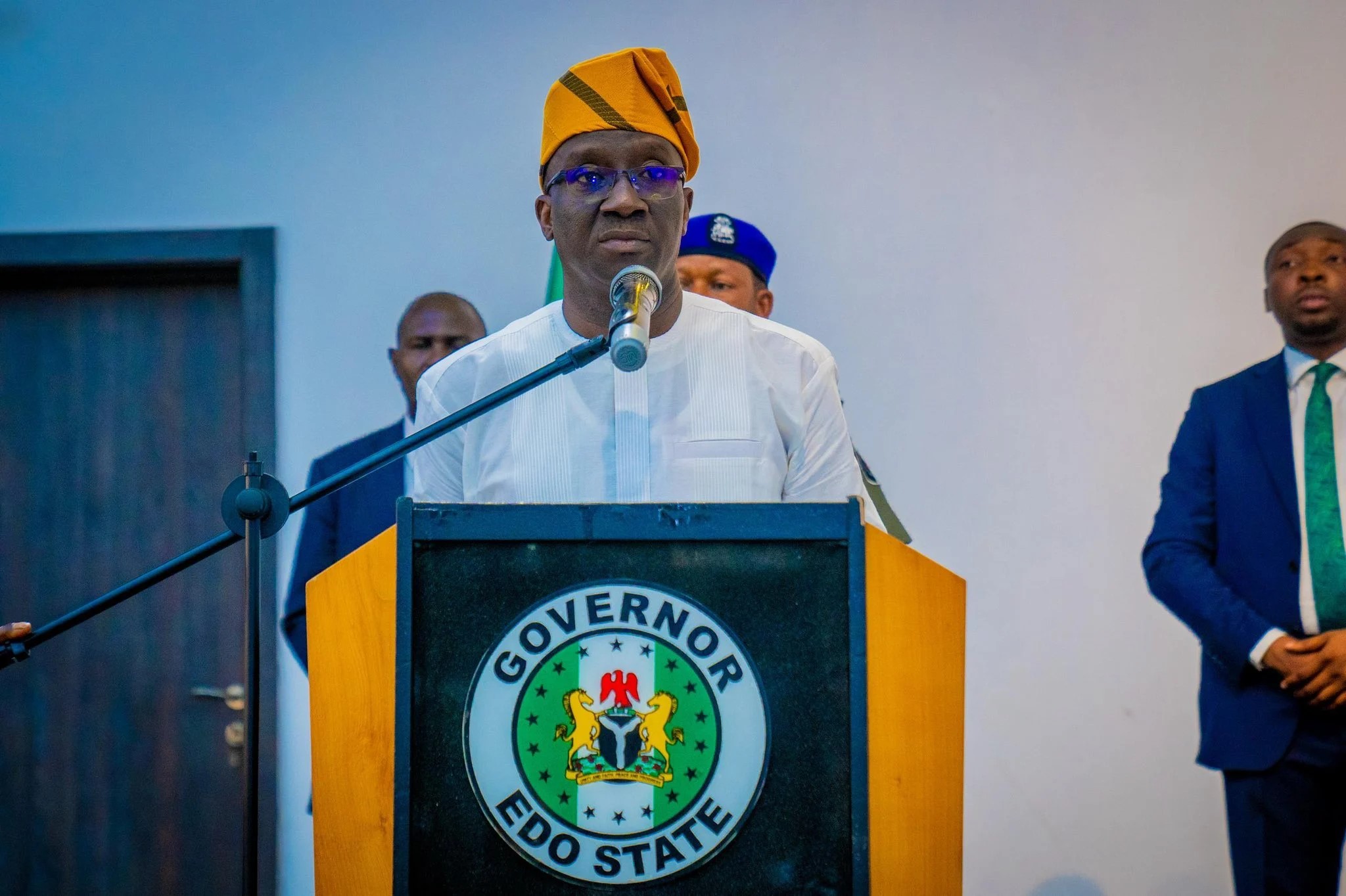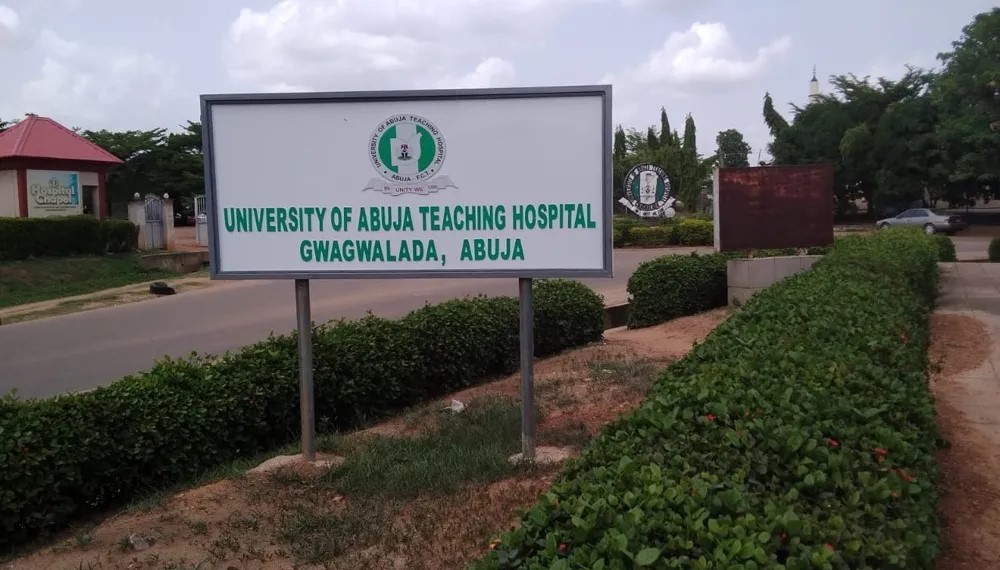
The Nigeria Labour Congress (NLC) has issued a firm warning to the National Assembly, cautioning that any attempt to remove labour matters from the Exclusive Legislative List will effectively invalidate the national minimum wage and undermine workers’ rights in Nigeria.
Speaking at the South West Zonal Public Hearing on the Constitution Review in Lagos, NLC Lagos State Chairperson Mrs Funmi Sessi described the proposed constitutional amendment as “an existential threat” to Nigerian workers.
The hearing was part of a nationwide process to review the 1999 Constitution. Sessi raised concerns that certain vested interests were lobbying lawmakers to move labour-related issues to the Concurrent Legislative List by amending Schedule 1, Item 34.
“This is a plot to create slave labour camps across the country,” Sessi warned, arguing that deregulating labour laws would allow state governments to suppress trade unions and enforce unfair labour practices.
She noted that removing labour from the Exclusive List would void the national minimum wage system—a key legal safeguard for Nigerian workers—and violate international agreements such as the ILO Convention No. 026, ratified by Nigeria in 1961.
Sessi also pointed to past instances where state governments had proscribed trade unions despite existing federal protections, saying the move would embolden anti-labour practices across Nigeria.
“Nigerian workers are prepared to resist this internal colonialism with the last drop of their blood,” she declared.
In addition to labour-related concerns, Sessi called for sweeping electoral reforms. She urged full implementation of the Uwais Electoral Reform Committee recommendations and the unbundling of the Independent National Electoral Commission (INEC) into specialised bodies.
She advocated for: Electronic and diaspora voting, proportional representation, a truly independent INEC board drawn from civil society, and labour unions, legal and media bodies.
Sessi also called for Chapter 2 of the Constitution—focused on socio-economic rights—to be made justiciable. Other reform demands included: Gender equality provisions, local government and judicial autonomy, improved housing, education, and national security, stronger public revenue oversight, as well as creation of an Electoral Offences. Commission
In response, Deputy Senate President Jibrin Barau, represented by Senate Leader Opeyemi Bamidele, assured attendees that their concerns would be reported to the National Assembly for further action.












